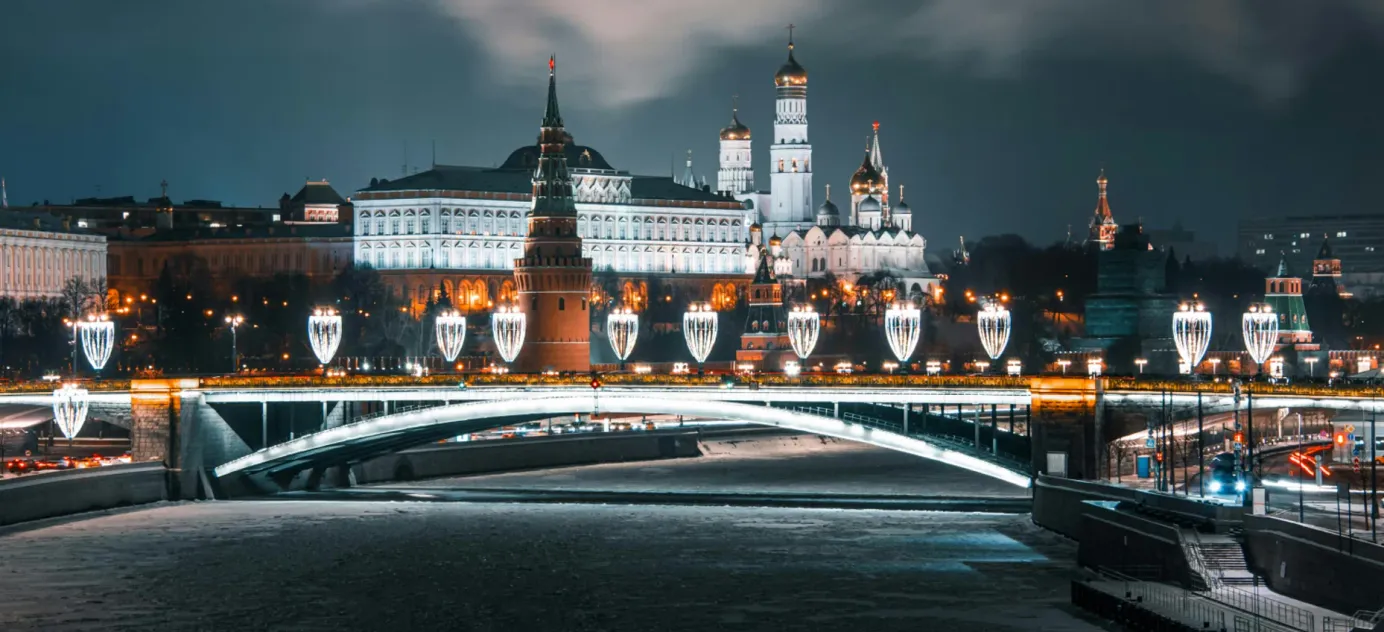
The Kremlin gears up to launch Putin’s re-election campaign
President Vladimir Putin is preparing to announce his plans to run in the 2024 Presidential Election. The Kremlin is already assembling a working group of “social activists” who will officially announce and back his candidacy. The group may include the singer Shaman, who has become the latest symbol of Russian military propaganda. It’s expected that the campaign will start in mid-December.
- The Presidential Administration is setting up a working group of high-profile backers to nominate Vladimir Putin for re-election, the Kommersant newspaper wrote on Monday. The newspaper lists several potential supporters: Valentina Tereshkova, the first woman in space and architect of the constitutional changes that allow Putin to extend his reign; movie director Nikita Mikhalkov; pediatrician Leonid Roshal; ultra-patriotic singer Shaman; and Artyom Zhoga, leader of the Sparta battalion and speaker of the People’s Republic of Donetsk parliament.
- Last week Dmitry Peskov, responding to a Reuters article about Putin’s imminent campaign launch, once again pointed out that there had been no official announcements. But there is no intrigue here. Putin himself already said that he would announce his candidacy once the election date was confirmed (according to the law, this announcement should be sometime between December 8-18). United Russia has its congress planned for December 17, which can only be to support the president’s bid for re-election. A few days earlier, on December 14, Putin will stage his traditional direct line phone-in with the public, which this year will be combined with his major end-of-year press conference. Logic suggests this will be the date of the official announcement.
- Back in spring, various media outlets published details about the Kremlin’s plans for Putin’s re-election. The president should poll more strongly than six years ago, they outlined. That means a turnout of 70% (compared with 67.5% in 2018), with Putin securing at least 75% (compared with 76.7% last time). Local authorities are expected to ensure people’s trust in the election results and will be asked to limit themselves to persuasion, rather than coercion. The independent Meduza site later wrote that Putin’s target was to secure 80% of the votes and that this would be ensured by the use of electronic voting.
- The campaign focus will be conservative, leaning heavily on traditional values. It is effectively seen as a referendum, with no anticipated problems for Putin’s re-election, Kommersant reported, citing a source. Therefore, the make-up of the working group is not all that important to the Kremlin. The key thing is to bring the pro-Putin electorate to the polling stations, “since many who support him know about his high ratings and might assume that he will win so there is no need to participate in the process,” the newspaper wrote.
- Meduza reported in August that the Kremlin had already drawn up its requirements for Putin’s rival candidates. According to the publication, no candidate should be younger than 50. Gennady Zyuganov, who poses no threat to the president, will presumably run for the Communists, while LDPR leader Leonid Slutsky is expected to stand. Boris Nadezhdin, a former duma deputy in Boris Nemtsov’s ex-party, could represent the liberal wing.
Why the world should care
The lack of intrigue over Putin’s re-election was summed up by the Russian internet’s sarcastic reaction to Reuters’ “exclusive” that Putin planned to remain in power through 2030 – as if there was any doubt. The economic context is more interesting. The Cold Calculation Telegram channel recently researched the correlation between economic data and political ratings using data from the Levada Center. It turned out that the most important thing for the president’s popularity is the flow of news about topics that are directly within his competence, plus the “military consolidation” factor – or rally-round-the-flag effect – that plays out in war time. Exchange rates and unemployment significantly affect approval levels, but other macroeconomic indicators are secondary. Therefore, in the build-up to polling day we can expect to hear plenty about how the rouble has been stabilized and Russia’s record-low unemployment rate. After the election, we will likely see an abrupt reduction in support measures.





